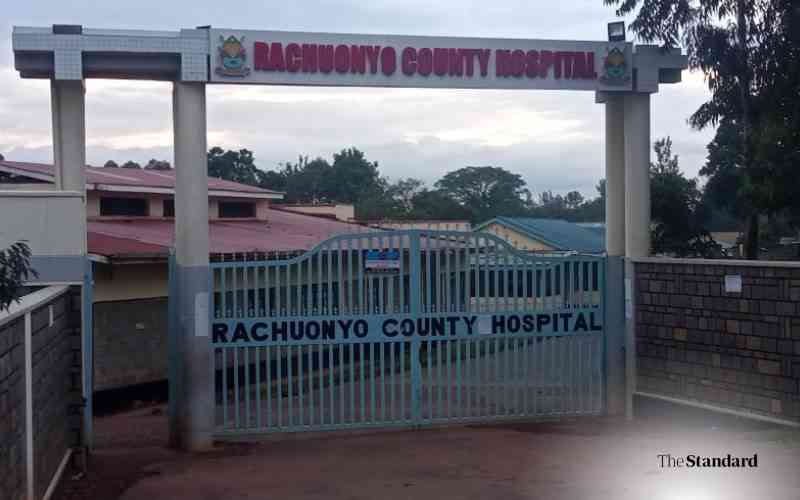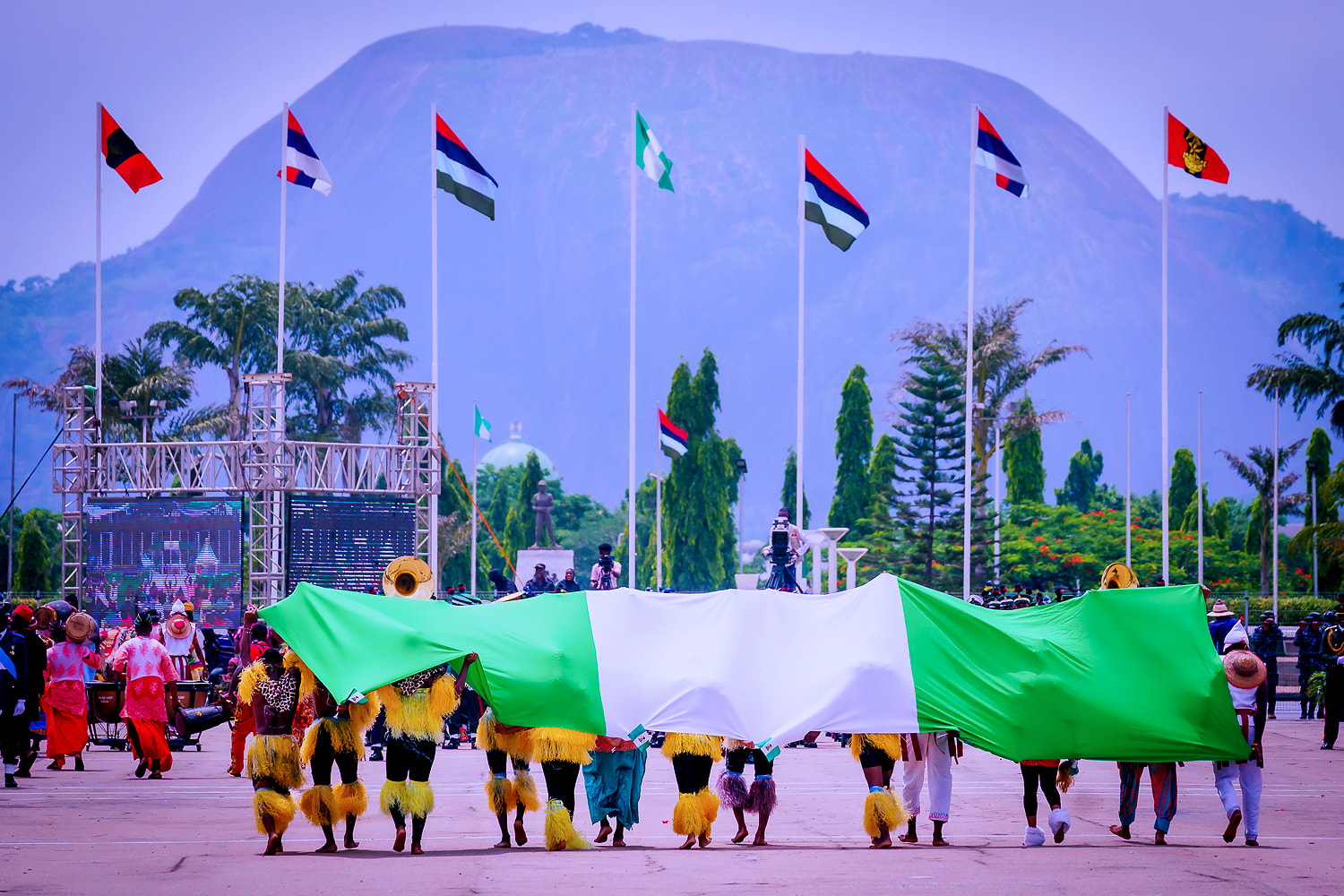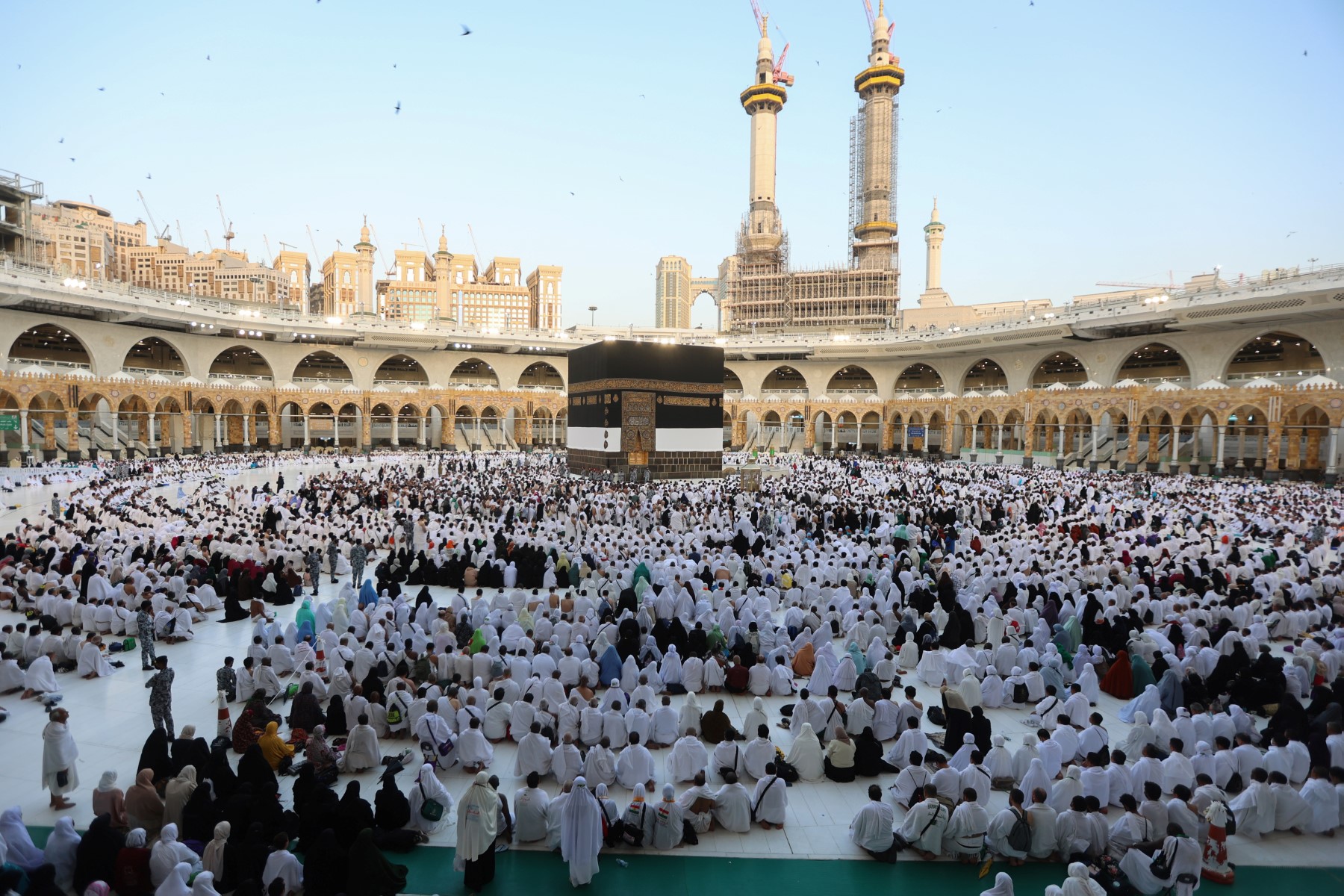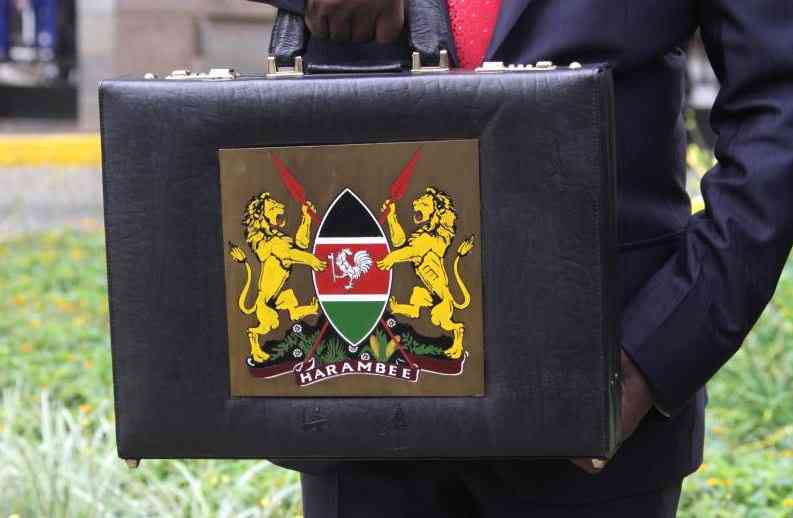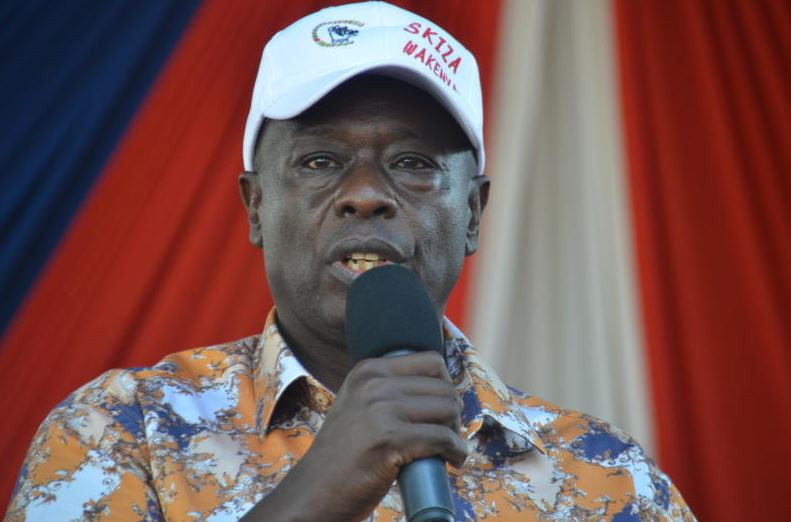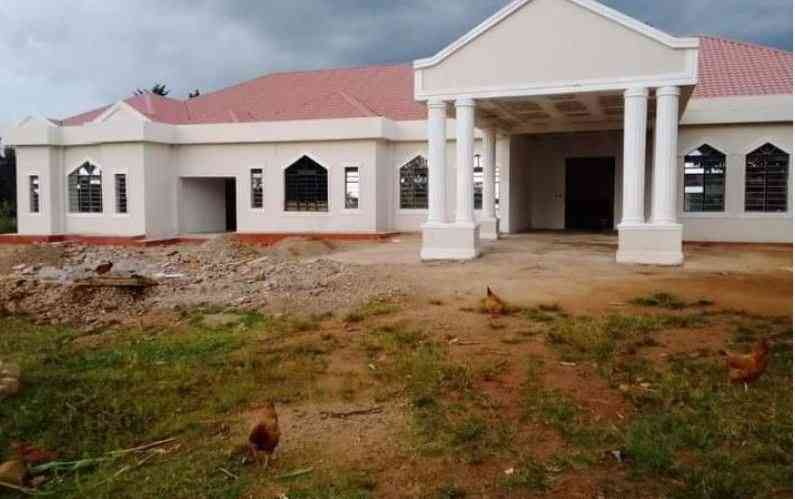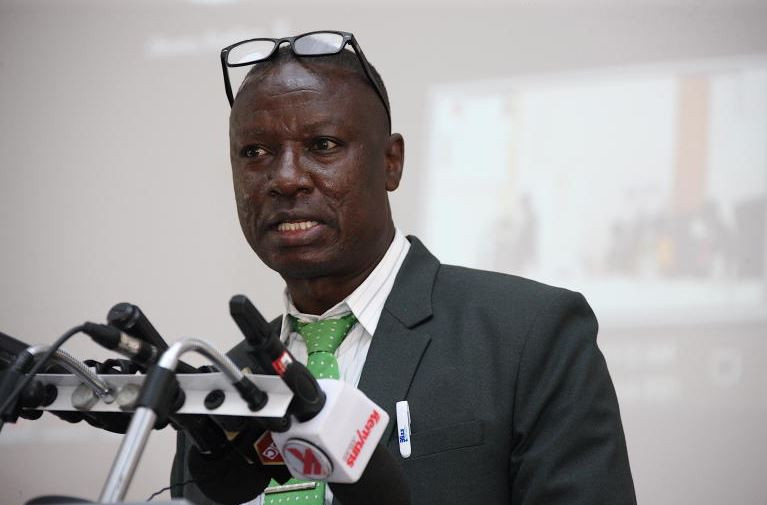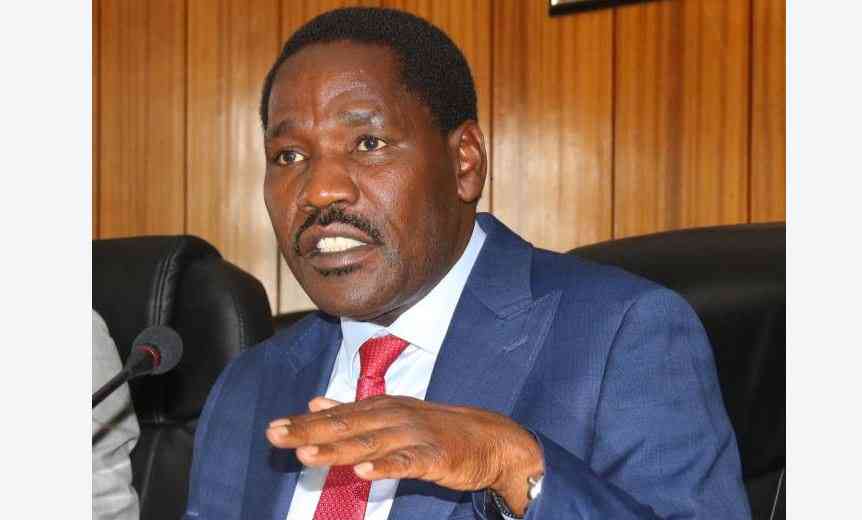Sallah: Business owners lament low patronage, urge govt's action
Some business owners in the Federal capital Territory (FCT) have expressed concern over low patronage, despite the holidays and Sallah celebrations.
The business owners told the News Agency of Nigeria (NAN) on Sunday that they had anticipated increased sales and made efforts to restock but were disappointed at the turnout.
They, however, attributed the situation to the high cost of living, rising inflation, and weakened purchasing power of consumers.
At the Apo Fish Market, Mrs Amina Lazarus, a foodstuff dealer, said the current economic situation had dampened the usual Sallah buzz.
“People who used to come to my shop to do bulk purchases no longer do that anymore. People now buy goods per time depending on their needs.
” So many others who come around, enquire about the prices of the items and end up not picking anything,” she said.
Mr Anthony Nwauba, another foodstuff seller, also decried low sales.
Nwauba said, ” It seems like the sales keep dropping every day, every week and every month. We are not making sales anymore due to high cost of products.
Purchasing some food items now is like acquiring gold. A 25 litre of palm oil is now sold around N72,000, while a painter of crayfish is around N15,000.
“I do not blame the customers; things are really tough for most families these days, so basic necessities like food now seem like luxury items.
Nwauba also attributed the low sales to inflation and poor infrastructure in the country.
He urged the government to tackle inflation and strengthen the naira to reduce the cost of imported goods.
“We also need policies that help local farmers and producers too. If food is affordable, people will buy more,” he said.
Similarly, Mr Chinedu Umeh, who runs a fabric store said the situation had affected both wholesalers and retailers.
“People are more concerned about feeding than buying clothes. I brought in new stock for Sallah, but I have barely sold anything. The economy is biting hard,” he said.
Umeh suggested tax relief for small businesses and better access to credit to help cushion the impact of reduced sales.
“Small businesses are the engine of the economy, but we are sinking. Government must listen to us, and come to our aid,” he said.
Mr Ogbeche Audu, who owns a farm along airport road, also decried low patronage during the festive period in spite reduced cost of his products.
Audu said, ” I stocked up on chicken and even rams, which I planned to sell during this period but unfortunately the sales have not been encouraging.
” I almost began to think that most people have skipped the traditional rights of killing a ram this period due to its high cost and their low purchasing power.
” So many people who even called to enquire about the prices of my items ended up not showing up, I eventually had to sell most of them at giveaway prices.”
Some residents also expressed concern to NAN about affordability and prioritisation of basic needs.
Mrs Halima Yusuf, a civil servant, said the rising food prices had forced her family to reconsider their usual Sallah plans.
“We used to buy new clothes and cook big meals for neighbours. This year, we are keeping it simple. Everything is expensive, and salary is not commensurate,” she said.
Another resident, Mr Moses Ifeanyi , said the economic hardship cut across ethnic and religious lines.
“Sallah or not, everyone is struggling. Even traders are selling less because buyers are fewer. People just want to survive.
In a few days’ time, the government will be celebrating Democracy Day” time, the government will be celebrating Democracy Day. They will spend a lot of money to mark the day, yet people are suffering.
” The government sincerely needs to take urgent steps to improve the economic climate and boost consumer confidence.
Mr Ahmed Yunus , a driver, inspired the subdued mood, however, expressing hope that the festive season would still bring spiritual fulfilment and a sense of community.
“We may not have much this year, but Sallah is not just about rams and rice. It is about sacrifice and unity. And we are thankful to God,” he said.



